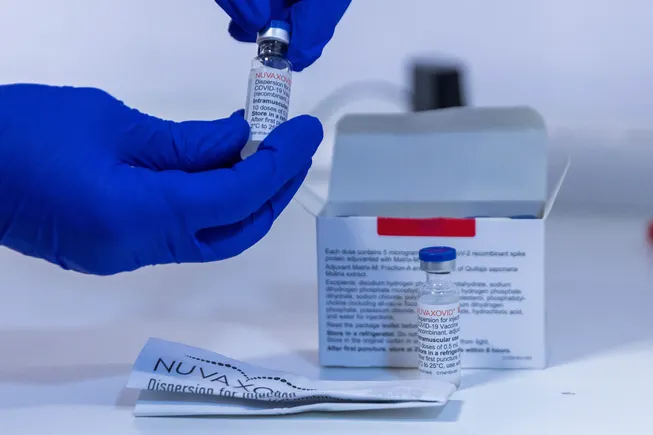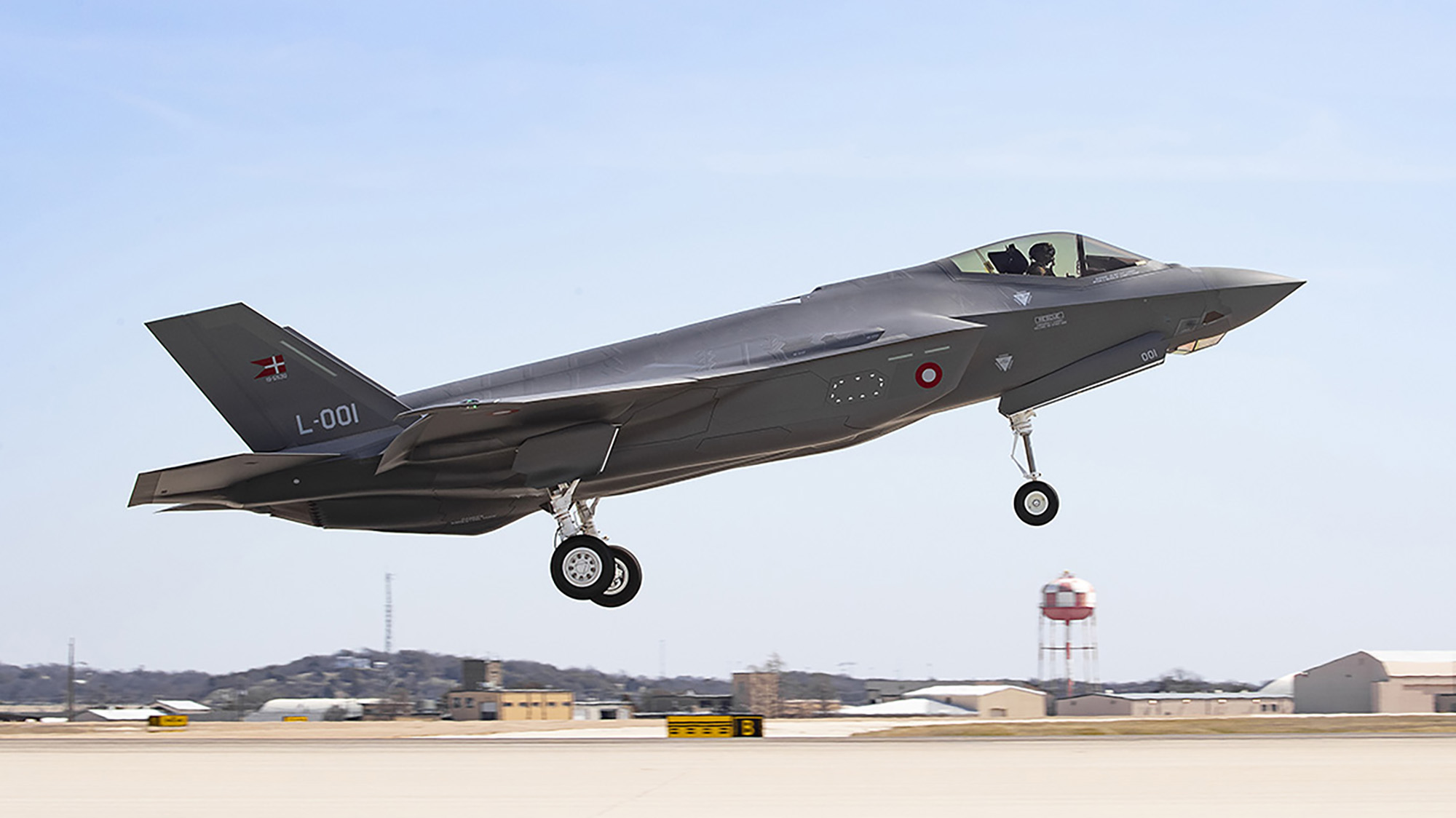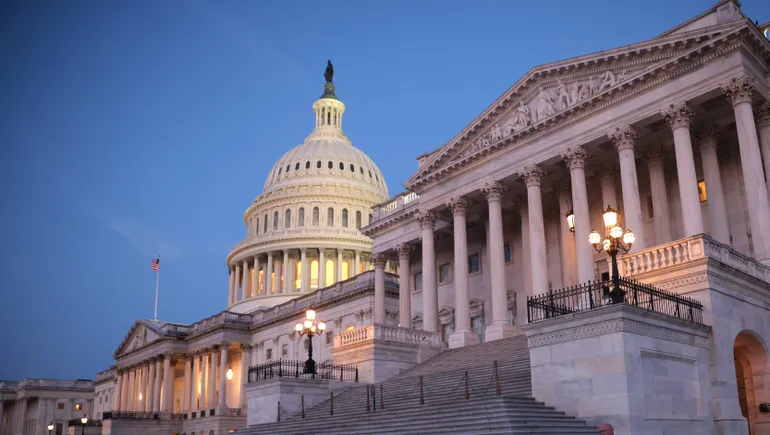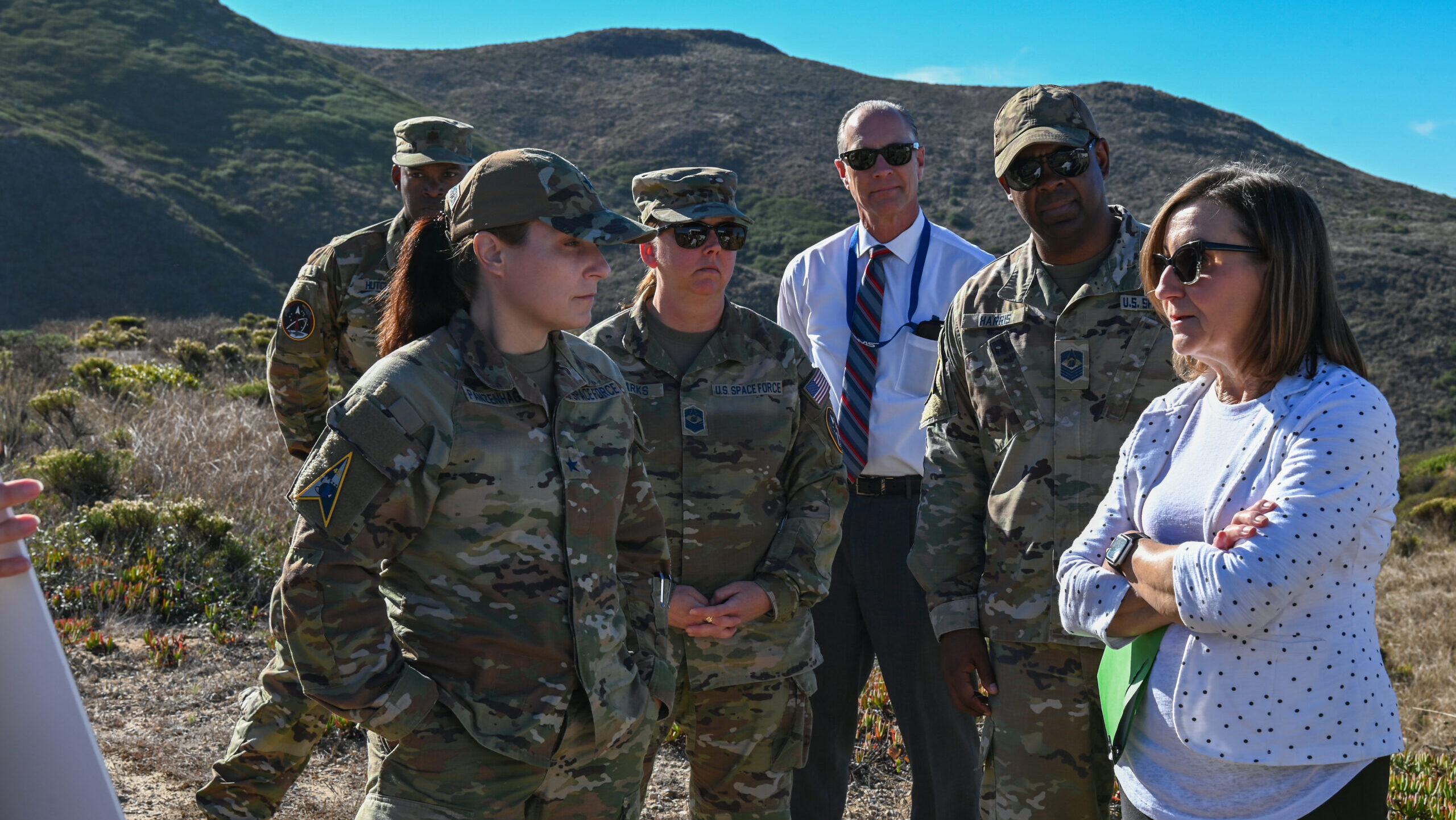ODNI looking to reform contracting practices: Gabbard
DNI Tulsi Gabbard promised to speed the delivery of intelligence products to users including Congress, stressing that intelligence that “come[s] too late, or it’s not providing that complete picture that [the president] needs to be able to make important calls” is “useless.”


US Director of National Intelligence Tulsi Gabbard speaks during the Raisina Dialogue, a multilateral conference in New Delhi on March 18, 2025. (Photo by Sajjad HUSSAIN / AFP) (Photo by SAJJAD HUSSAIN/AFP via Getty Images)
GEOINT 2025 — Director of National Intelligence Tulsi Gabbard said today that her office is examining ways to reform how the US Intelligence Community (IC) does procurement, including streamlining contracting processes for unclassified, open-source intelligence (OSINT).
“We’re looking at things, for example, like open-source contracting across the board. We’re looking at, how do we streamline contracts for multi-use cases across the intelligence community so that we can save a lot of money and make sure that our IC elements are getting the most bang for the buck,” she told the annual GEOINT Symposium in St. Louis, Mo.
“OSINT is an area of relatively new focus from Congress, but I’ve heard from many of you here today and those who are operating in different parts of the world, how we are, in this example, limiting our capabilities because of our own authorities that don’t allow for that access to integrate OSINT with the other intelligence capabilities that we have,” Gabbard said.
“The challenge oftentimes is within our archaic procurement laws that don’t really help us meet our objective,” she said.
Noting that Undersecretary of Defense Elbridge Colby has made procurement reform his top priority, with the goal to “open up” the contracting field to small companies and startups, Gabbard said the IC likewise is reviewing its contracting practices.
“How do we open it up so that we don’t always just go back to the same prime that’s been used over and over and over again? How do we make sure, when we’re bringing in a startup, for example, who may just have a simple solution to provide a single-source HR contract that can be used across all the IC elements [that] there’s not another second or third layer of contractors built on top of that to supervise, and then have another layer of supervisors to supervise the supervisors?” she elaborated.
“These are the kinds of things that we’re running into that are not only a waste of money, but again, actually creating a more constrained environment, again, for a startup or a small business who’s got a unique solution to a problem that we need solved at a much cheaper price,” she said.
Meanwhile, Gabbard said that another “new front” for the IC is gathering intelligence at US borders on “foreign cartels” that have been labeled as terrorist organizations by the Trump administration.
“There hasn’t been an emphasis on collection in this area, so immediately ramping up that focus, it’s the biggest shift in collection priorities in ODNI history, specifically to get after this challenge so that we have the awareness of what does this landscape look like,” she said.
“It’s going to bring a lot of unique challenges, given this is right on our doorstep, both our southern and our southern and northern borders, as we look at counter-narcotics and counter-cartel operations,” she said.
Not only will it require more intelligence collection, she elaborated, but also “fusion” of intelligence streams that “requires our national intelligence capabilities working very closely with federal, state and local law enforcement, who, in this case, are the frontline elements on the ground.
“We have local law enforcement, we have Customs and Border Patrol. They all have to be operating from that same picture in order for us to be effective, and we can’t have these silos [of] both information and intelligence, otherwise, we will not only waste a lot of time and money, but we will we will be creating more risk,” Gabbard said.
Finally, she said that her office will be working to improve the timeliness of intelligence products, as well as to ensure against bias in results.
“As someone who served in uniform for over 22 years and served in Congress for eight years on the Foreign Affairs and Armed Services Committees. I had been a customer of intelligence for a long time, and had a lot of first-hand frustrations based on the products that were being delivered,” she said.
“I won’t go into the detail but, but I’ll tell you, a lot of folks in Congress have the same frustrations today, which is intelligence, in order for it to be useful, has to be timely, has to be relevant, and it has to be objective and unbiased,” Gabbard added.
Therefore, she said she would personally be working to “make sure that our policymakers are getting that intelligence that that meets those three benchmarks and is is being delivered at operational speed” — stressing that intelligence that “come too late, or it’s not providing that complete picture that [the president] needs to be able to make important calls” is “useless.”



















































































































































